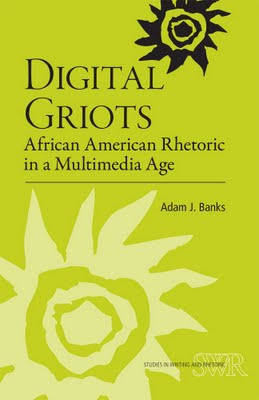
New search function unlocks Libraries' resources
The University Libraries will test a powerful new search function on March 21 that will allow users to find all library resources -- books, articles, newspapers, databases and more -- from a single search box. Called LionSearch, the new service is designed to mimic open Web search methods. Entering a search term in LionSearch will return, nearly instantaneously, a list of relevant physical and digital materials from the Libraries’ collections. LionSearch can be accessed from the Libraries’ homepage, www.libraries.psu.edu, and will debut initially in beta mode. Students, faculty and other users are encouraged to test the functionality of the service and leave feedback.
Penn State is one of a handful of universities around the world pioneering this service for their library collections. This simple and fast way of retrieving information will enhance the research process for students and unlock the wealth of resources available at Penn State.
"
New search function unlocks Libraries' resources"





















